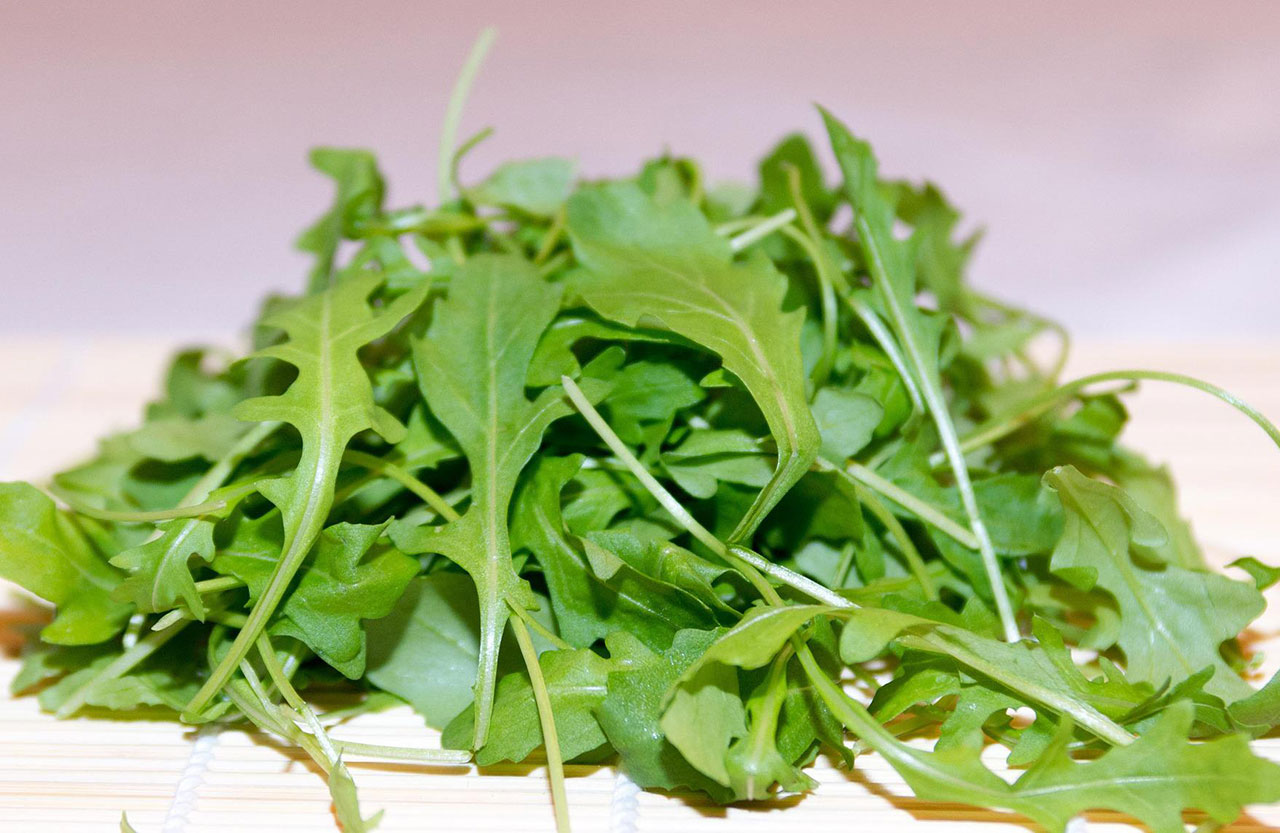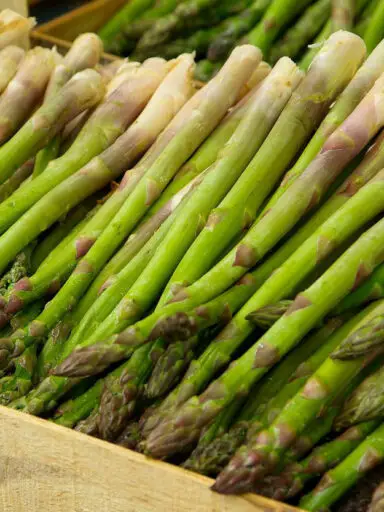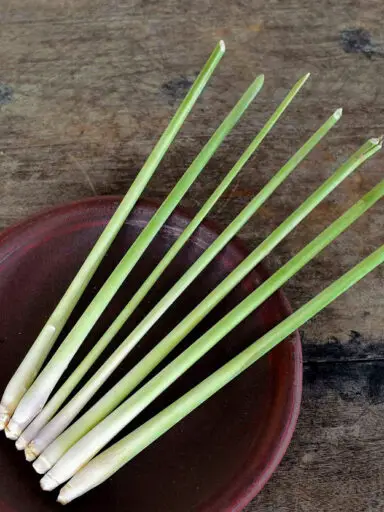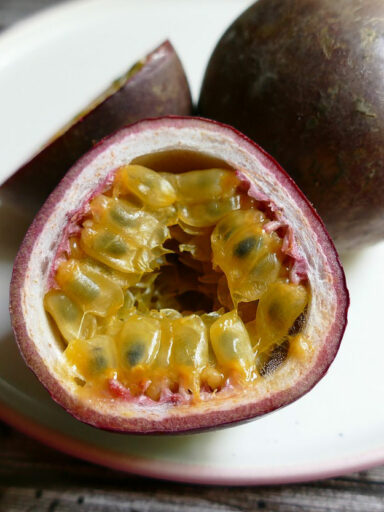The Arugula also known as the garden rocket or salad rocket is a vegetable of the cabbage family of edible plants. This plant which is popular as a salad vegetable also goes by the names of rucola, rucoli, rugula, colewort, and roquette.
Other related vegetables to Arugula include cauliflower, kale, cabbage, broccoli, Brussels sprouts, and collard greens among others.
The plant grows 20 cm to 1 meter in height. It grows well with well-drained, loose, fertile soil and plenty of sunlight and is ready for harvest in about six to seven weeks. The leaves resemble spinach with the younger ones being light green in color. The younger leaves are also less spicy and sweeter in flavor as opposed to the older leaves.
The plant is available throughout the year from the market. The leaves should be crispy and firm in texture. Flowering plants tend to have tough and bitter leaves. Blemished leaves or slump leaves should be avoided. They store well in a refrigerator for a few days in airtight containers or plastic bags.
Preparing Arugula for Eating
One would normally buy it from a market with the roots attached. In addition to the leaves, the pods, seeds, and flowers can also be eaten.
The thick stems should be cut off as well as the root. Wash the remaining leaves under running water or swish in a bowl of salt water to remove soil or pesticide residue. Drain the leaves and pat dry with a paper towel or kitchen towel.
The young leaves are usually eaten raw in all types of burgers, salads, and sandwiches. They can also be cooked in soup, sauce, stew, meat, and vegetable dishes or cooked primarily as the star in a vegetable dish. It is also used to make dips and pasta.
Nutritional Benefits
Arugula contains just 25 calories per 100 grams. It contains antioxidants, vitamins, and minerals and does not contain cholesterol at all. It also has decent amounts of dietary fiber.
Salad rocket is rich in some of the B-complex vitamins most notably folates. Others are pantothenic acid, pyridoxine, riboflavin, and thiamin. The vegetable is rich in vitamin A, vitamin C, and vitamin K.
Potassium is present in the garden rocket as well as significant amounts of calcium, copper, and iron. Magnesium and manganese are also found in good amounts as are phosphorus and zinc.



